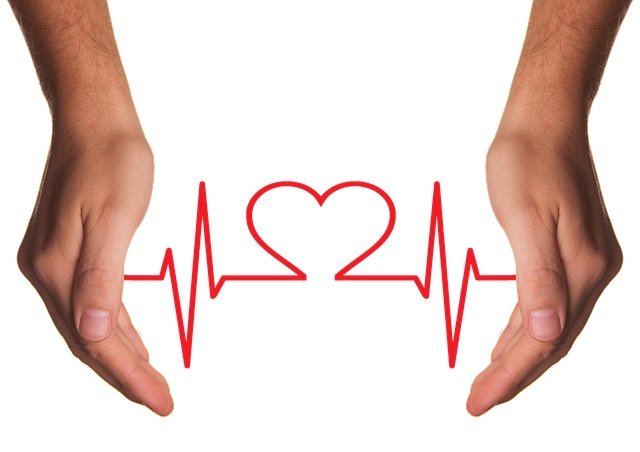
Coronary heart disease, or coronary artery disease, is a health condition in which a waxy substance called plaque builds up on the inner walls of the coronary arteries.
Arteries can deliver oxygen-rich blood to your heart. But when there is plaque in arteries, the blood going to your heart muscles become less, which can harm heart health.
You may feel chest pain, and finally an area of plaque can break open and cause a blood clot.
When the blood clot gets big enough, it will block the oxygen-rich blood to your heart and lead to a heart attack.
Many things can increase your risk of coronary heart disease, including unhealthy lifestyle habits, chronic health conditions, and genetic factors.
Here are 8 big risk factors of coronary heart disease you can control:
High blood cholesterol and triglyceride levels (a type of fat found in the blood), high blood pressure, diabetes and prediabetes, overweight and obesity, smoking, lack of physical activity, unhealthy diet and stress
The risk factors you can’t control are age, gender, and family history of the disease.
Researchers find that the risk of coronary heart disease and heart attack increases with the number of risk factors and their severity.
In addition, some factors are riskier than other factors. For example, smoking and diabetes are more harmful than other factors.
So how can you reduce your risk of coronary heart disease?
One important method is following a healthy lifestyle. Not only you should do it, but also your family members, especially your kids should do it.
This is because many lifestyle habits begin during childhood.
For example, you and your children can lower your risk if you maintain a healthy weight, follow a healthy diet, do physical activity regularly, and don’t smoke.
Even though you have coronary heart disease already, you still should have a healthy lifestyle. This could help you control the condition and prevent the disease from getting worse.
Studies find that if you are in your 70s or 80s, a healthy lifestyle can lower your risk of dying from CHD.
Talk to your doctor. S/he can help you find out whether you have the risk of coronary heart disease.
He or she also can help you create a plan for lowering your risk of the disease and other heart problems.
Copyright © 2018 Knowridge Science Report. All rights reserved.



